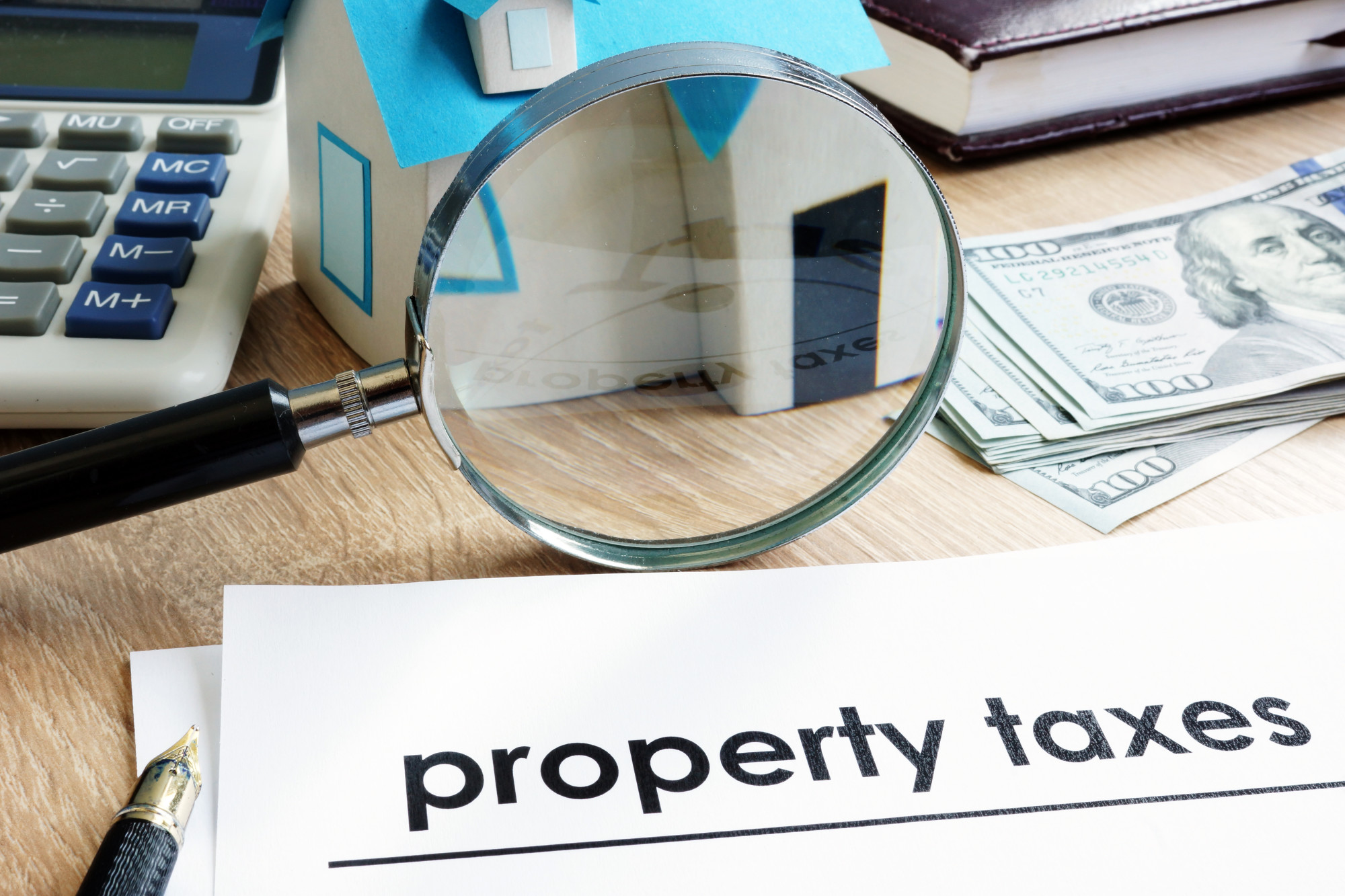Medicare Taxes Explained: A Guide for Employees and Employers
Medicare Taxes Explained: A Guide for Employees and Employers
Blog Article
When renting out a property, many first-time landlords question whether they have to spend fees on the income they earn. The easy solution is yes—real estate taxes vs property taxes by the IRS. Nevertheless, knowledge what qualifies as taxable income—and the deductions you may be called to—may allow you to greater handle your economic responsibilities as a landlord.
What Matters as Hire Revenue?
The IRS identifies rental money as any cost you receive for the usage of a property you own. Including not only the regular lease from your own tenants but in addition extra funds, such as for instance:
•Advance Book: If a tenant gives lease transparent for a future time, it should be described as revenue when received, not once the period begins.

•Safety Remains (if perhaps not refunded): If you hold a protection deposit for damages and other problems at the end of a lease, this volume becomes taxable.
•Services in Host to Rent: Sometimes, tenants may provide things or services rather than paying rent. For instance, if your tenant mows the garden as a swap for part of the rent, the equivalent monetary price of these support must be reported as income.
Expenses That Can Be Deducted
Fortunately, landlords may counteract many of their prices against their rental revenue, decreasing the taxable amount. Some common deductions contain:
1.Property Fixes
Modest repairs, such as for instance solving a leaky touch or repainting walls, are deductible since they are regarded necessary to maintain the property.
2.Mortgage Curiosity
In the event that you took out a loan to buy your hire property, you may claim the fascination you spend on the mortgage.
3.Property Fees and Insurance Premiums
They're typical deductions, as equally are needed your can purchase and handle a property.
4.Maintenance and Resources
Any preservation costs or routine maintenance charges could be subtracted, as well as utilities you spend for your tenant.
5.Depreciation
Landlords can deduct a percentage of their property's depreciation value each year over their expected lifespan (typically 27.5 decades for residential properties).

Filing Your Rental Income
Rental money should really be noted on Routine E (Supplemental Income and Loss) if you're processing as an specific taxpayer. That variety lets you number your hire income and any deductions. The web figure—money minus expenses—is what will eventually be taxed.
Crucial Takeaway
Tax principles on hire revenue can feel complex, but with proper record-keeping and attention of possible deductions, landlords can lower their taxable revenue and remain compliant. For appropriate filings, always consult a duty professional or influence methods to simplify the process.
Report this page